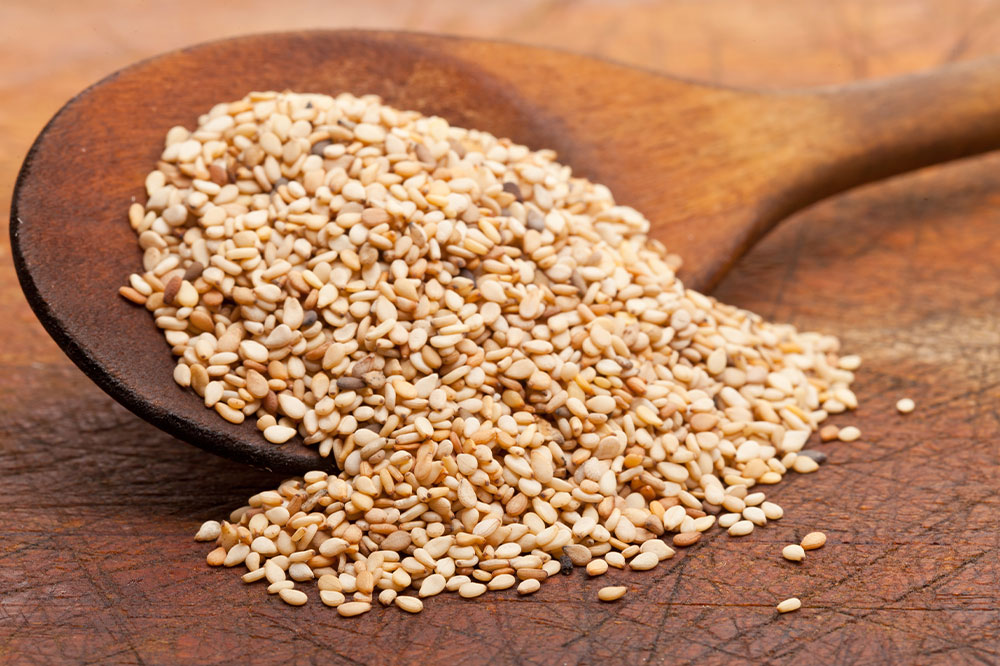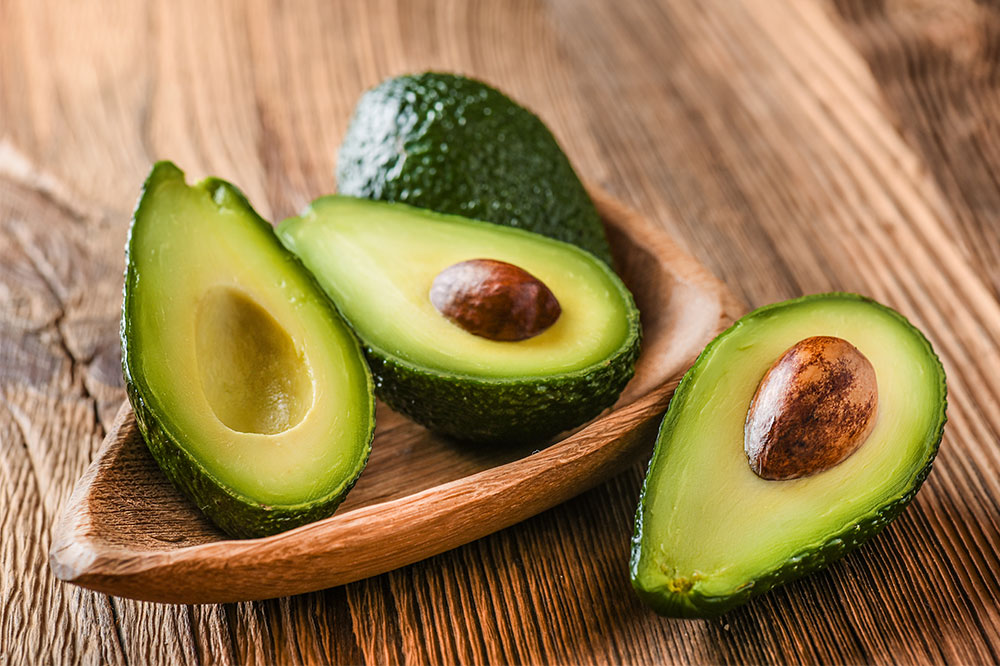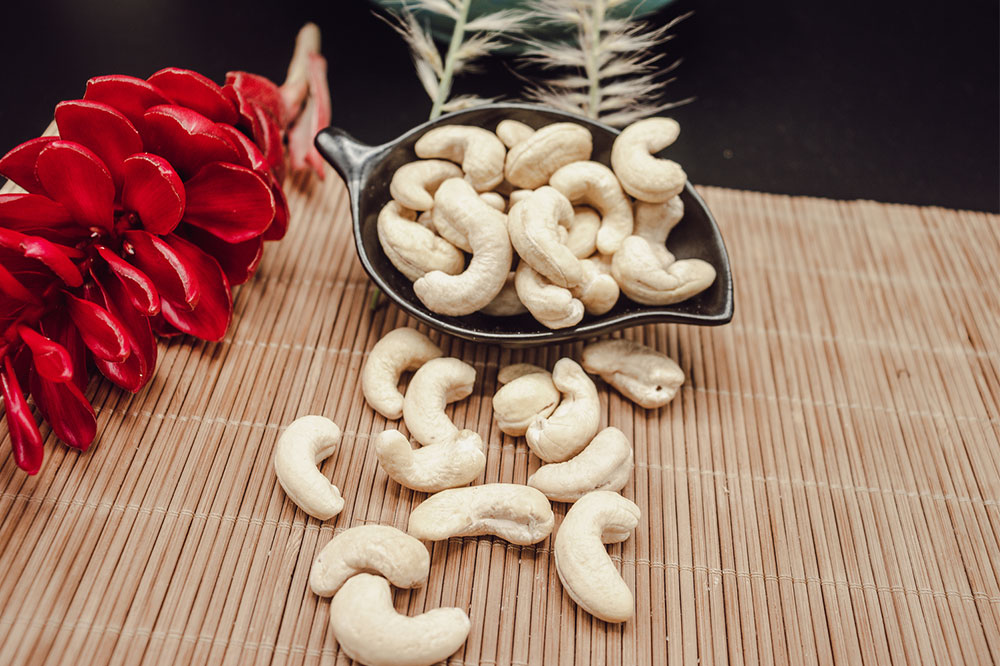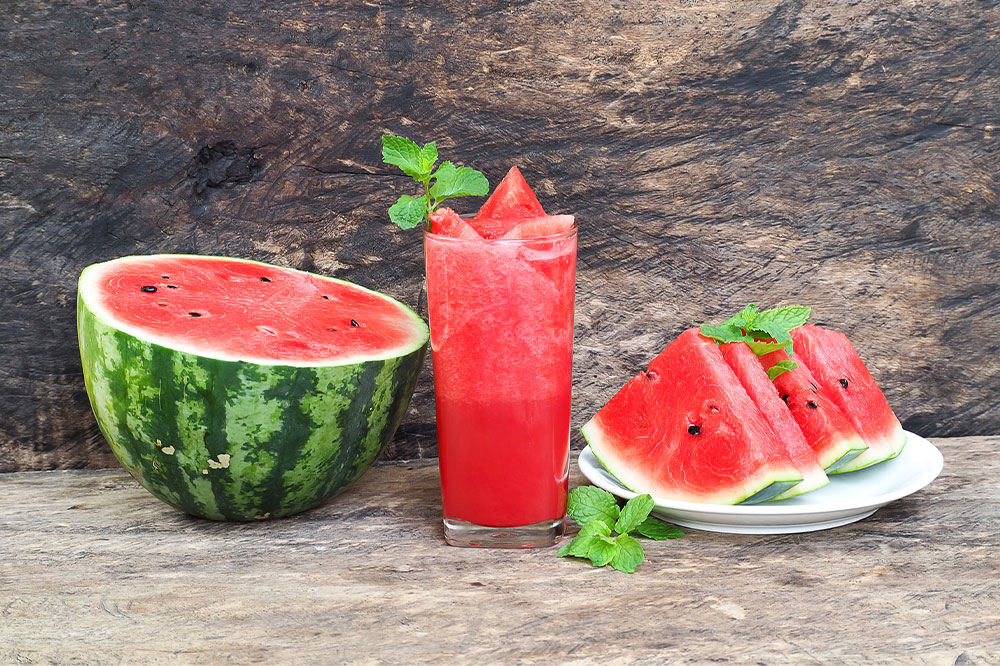Top Nutrient-Rich Foods for Maintaining Prostate Health and Preventing Issues
Discover the top four nutrient-packed foods that support prostate health, reduce inflammation, and lower the risk of prostate-related diseases. Incorporate sesame seeds, green vegetables, lycopene-rich fruits, and omega-3 fatty fish into your diet for optimal prostate wellness and improved quality of life.

Top Nutrient-Rich Foods for Maintaining Prostate Health and Preventing Issues
The prostate gland, a vital component of male reproductive health, is responsible for producing seminal fluid that nourishes and transports sperm. Ensuring the optimal functioning of this gland is crucial for overall health, fertility, and quality of life. However, various factors such as aging, genetics, and nutritional deficiencies can compromise prostate health, leading to conditions like benign prostatic hyperplasia (BPH), prostatitis, or even prostate cancer. Fortunately, adopting a balanced diet and making specific lifestyle adjustments can significantly support prostate wellness. This comprehensive guide explores four of the most beneficial foods that can aid in maintaining prostate health and reducing the risks of related disorders.
Key Foods for Prostate Health
1. Sesame Seeds – The Zinc Powerhouse for Prostate Support
One of the essential nutrients for prostate health is zinc. Adequate zinc levels are associated with reduced risk of prostate enlargement and other prostate-related issues. Sesame seeds are an exceptionally rich source of zinc, making them an excellent addition to your diet. Incorporating sesame seeds into your daily meals can help maintain optimal zinc levels, which are crucial for enzyme functions and immune responses that protect prostate tissues.
Adding sesame seeds to salads, soups, yogurt, or smoothies not only enhances flavor but also maximizes zinc absorption more effectively than synthetic supplements. Regular consumption supports prostate tissue health and overall immune defense, making sesame seeds a simple yet powerful food for men focused on prostate wellness.
2. Green Vegetables – Nutrient Powerhouses for Anti-Inflammatory Effects
Leafy greens and cruciferous vegetables are rich in antioxidants, phytochemicals, vitamins, and minerals that combat inflammation, a common factor in prostate enlargement and cancer development. Vegetables such as broccoli, kale, Brussels sprouts, cabbage, bok choy, and cauliflower are particularly noted for their prostate protective properties. Particular compounds in these vegetables, like sulforaphane and indoles, help detoxify carcinogens and reduce oxidative stress, decreasing the risk of prostate cancer.
3. Fruits Rich in Lycopene and Berries – Protecting Cells with Natural Antioxidants
Fruits play a vital role in prostate health, especially tomatoes, which are high in lycopene—a potent antioxidant associated with lower PSA levels and reduced prostate cancer risk. Consuming cooked or pureed tomatoes enhances lycopene bioavailability. Berries such as blueberries, strawberries, blackberries, and raspberries are also beneficial due to their high content of anthocyanins and other antioxidants that neutralize free radicals, helping to prevent cellular damage and inflammation in the prostate tissues.
4. Fatty Fish – Omega-3 Fatty Acids for Anti-Inflammatory Benefits
Cold-water fatty fish including salmon, mackerel, tuna, sardines, herring, and trout are rich sources of omega-3 fatty acids. These healthy fats are essential because the body cannot synthesize them independently. Omega-3s are well-known for their anti-inflammatory properties, which can help prevent and reduce prostate swelling, benign growths, and potential cancer development. Incorporating these fish into your diet at least twice a week can promote healthier prostate tissue and reduce inflammation-related issues.
While diet and lifestyle improvements are vital for supporting prostate health, they should complement regular medical check-ups and treatments prescribed by healthcare professionals. Combining nutritious food choices with routine screenings and healthy habits can significantly lower the risks associated with prostate conditions and enhance overall well-being.





